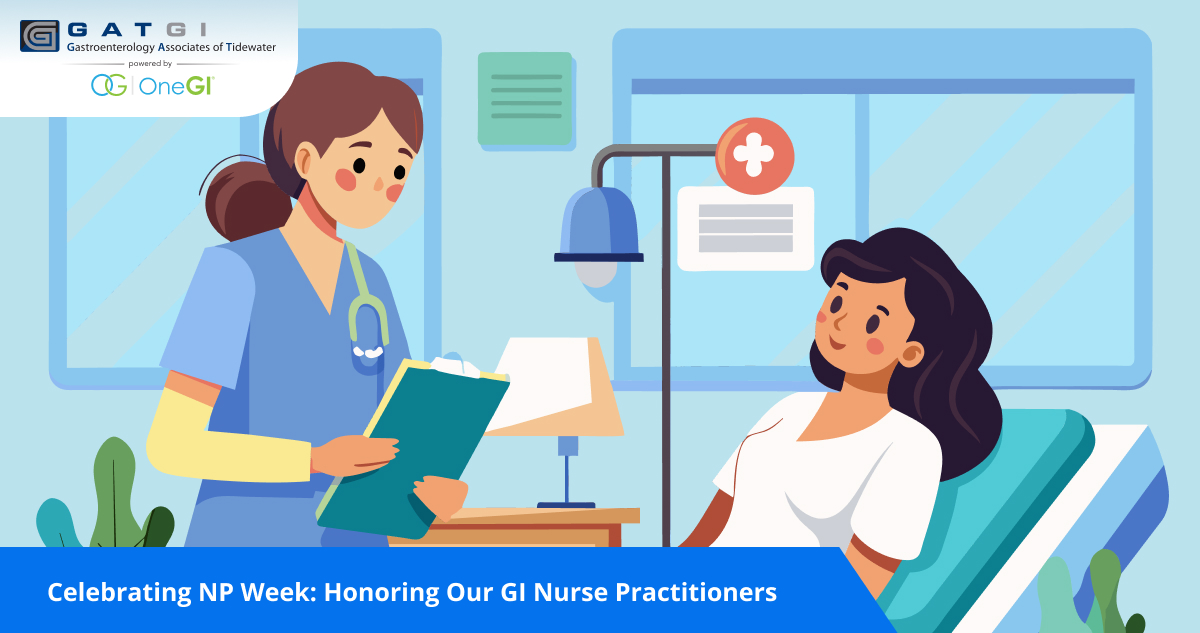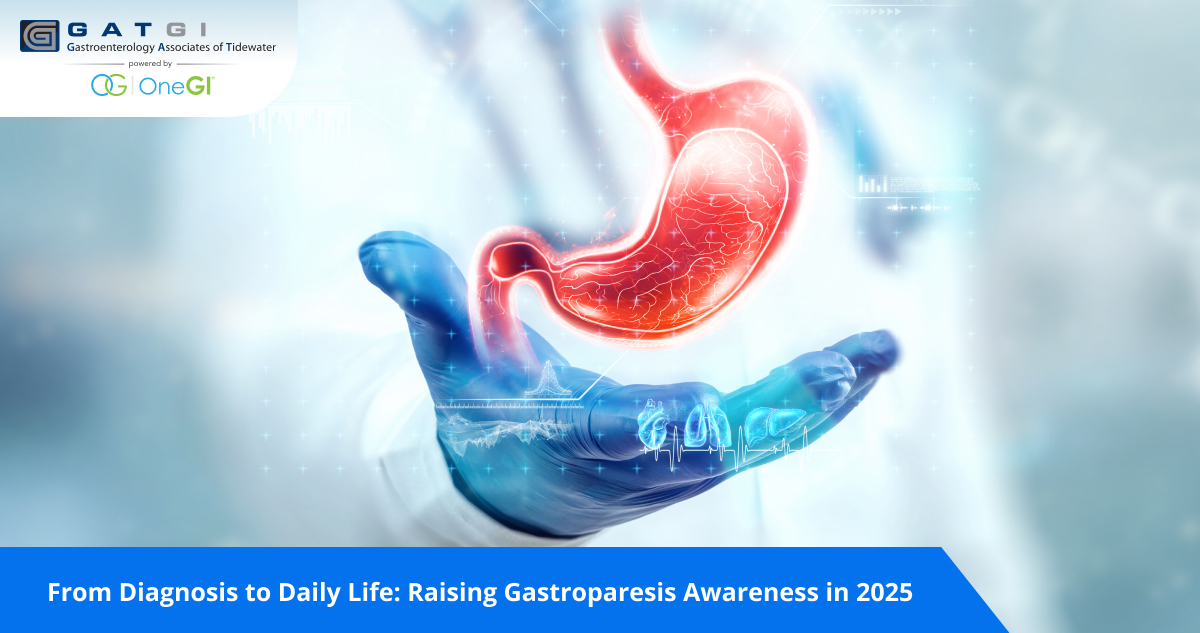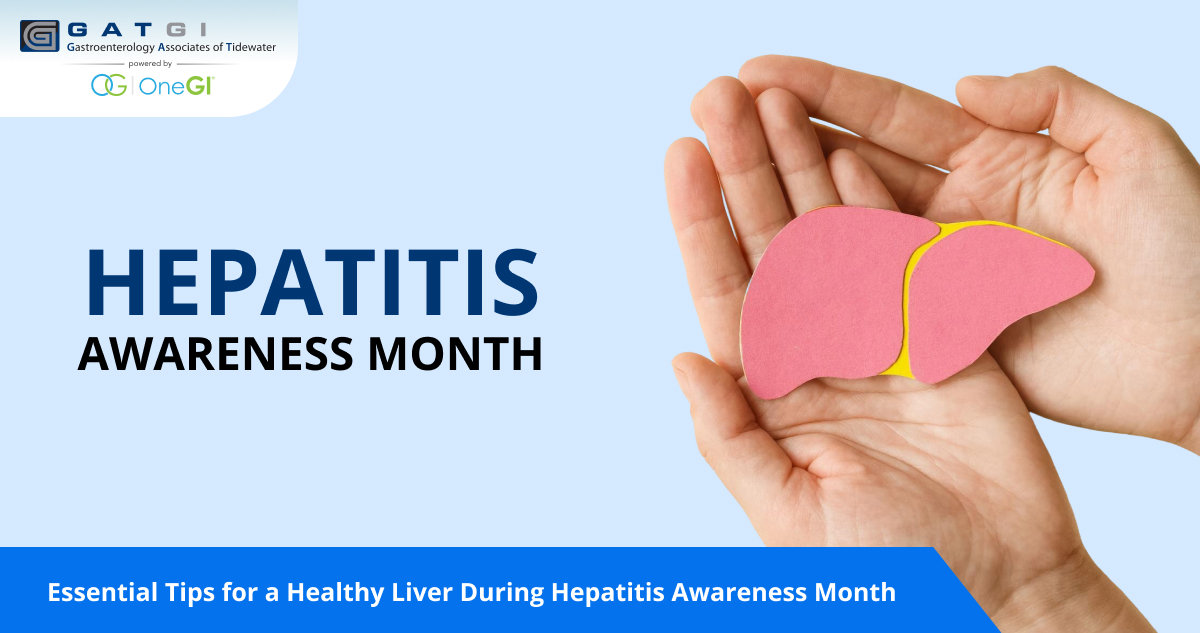Celiac disease can be deceptive, often going undetected due to its subtle and sometimes seemingly unrelated symptoms. This autoimmune condition, triggered by eating foods with that contain gluten—a protein found in wheat, barley, and rye—can lead to a host of health issues if left unaddressed. And while the only current treatment for celiac disease is a strict gluten-free diet, early detection is vital. Here are five signs that may indicate you should contact your doctor.
Risk Factors for Celiac Disease
While the exact cause of celiac disease is still a subject of research, several risk factors have been identified that increase an individual’s likelihood of developing the condition.
Genetics play a crucial role; having a first-degree relative with celiac disease substantially elevates the risk. Additionally, individuals with certain genetic disorders like Down syndrome and Turner syndrome are at a higher risk.
Celiac disease is also more common in those who have other autoimmune disorders, such as type 1 diabetes or autoimmune thyroid disease.
Recent studies have uncovered a link between microscopic colitis and an increased risk of celiac disease. Microscopic colitis, an inflammation of the colon that is only visible under a microscope, seems to have a greater prevalence among those diagnosed with celiac disease. Another condition,
Addison’s disease, which is characterized by inadequate production of certain hormones by the adrenal glands, has also been associated with a higher incidence of celiac disease. Vigilance for symptoms is especially prudent for individuals with these conditions.
For more information read: October is Family History Month – Are Gastro Issues Genetic?
Recognizing the Symptoms: Top Warning Signs of Celiac Disease
Digestive Issues
Chronic digestive problems are one of the most common tell-tale signs of celiac disease. If you experience frequent bouts of diarrhea, constipation, bloating, or gas after consuming gluten-rich foods, it’s time for a health check-up. These issues arise from your body’s inability to properly absorb nutrients, leading to discomfort and irritation in the digestive tract.
Chronic Fatigue
Feeling tired occasionally is one thing, but persistent fatigue that hampers your daily function is quite another. Celiac disease can sap your energy levels, leaving you feeling exhausted regardless of a good night’s sleep. If you’re often feeling tired or fatigued, don’t simply attribute it to a busy lifestyle. It could be an indication of a more significant issue.
Skin Problems
Who would have thought that eating a piece of bread could make your skin angry? Dermatitis herpetiformis is a condition commonly associated with celiac disease, characterized by an intensely itchy rash. If you’re suffering from skin issues—especially after gluten intake—it’s worth investigating further with a healthcare provider such as a gastroenterologist.
Nutrient Deficiencies
Due to malabsorption, individuals with celiac disease often deal with deficiencies in various nutrients such as iron, calcium, and B vitamins. This can show as anemia and osteoporosis, among other conditions. Regular unexplained bruising, fatigue, and joint pains could signal that you’re not getting the nourishment you need.
To learn more read: Healthy Gluten Free-Diet to Prevent Nutritional Deficiencies in Celiac Patients
Mood Disorders
It’s not just your body that takes a hit—celiac disease can affect your mental health too. Irritability, anxiety, and depression are symptoms that can be exacerbated by gluten ingestion for those with celiac disease. A drastic change in mood or unexplained swings shouldn’t be ignored.
Recognizing the warning signs of celiac disease is the first step towards managing it effectively. If these symptoms sound familiar to you or someone you know, don’t wait to seek professional advice. Remember, knowledge is power—especially when it involves your health.
Interested in learning more or suspect you have celiac disease? Don’t hesitate. Make an appointment with a board-certified gastroenterologist today by calling (757) 547-0798. Your health is too important to ignore.







